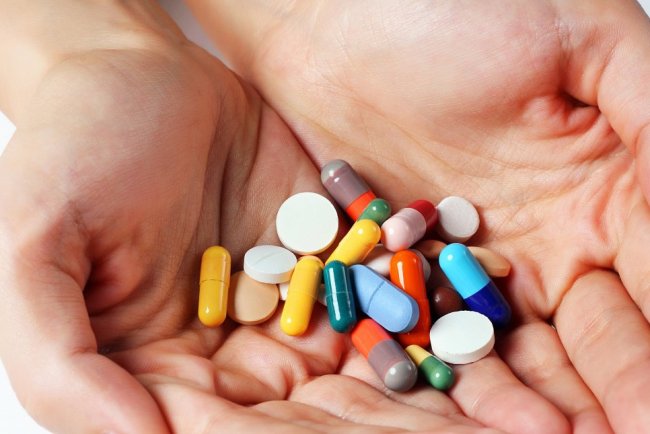Natural Disasters Affect Everywhere: Strategies for Keeping Your Health Safe
Natural disasters are increasing in frequency and severity, regardless of where you live.
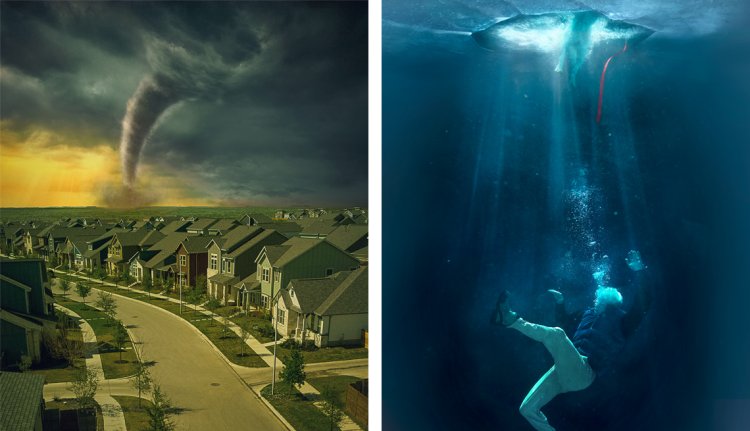
We frequently consider shelter, food, and water to be essential components of life, but we frequently forget about your health. both mental and physical.
Because in the event of a disaster, pharmacies may close, emergency rooms may be overcrowded, and clean water or air may become suddenly unavailable.
When the unimaginable occurs, how do we get ready to not only survive but also to maintain our health?
Let us dissect it.
1. Assemble an emergency kit for personal health
The majority of people bring torches and batteries, but your health should also have its own bag.
What to include is as follows:
More than seven days' worth of necessary prescription drugs (in waterproof containers)
A list of medications, dosages, and contact information for doctors
Basic first aid materials (gloves, bandages, and antiseptic)
N95 masks (particularly for air quality issues or wildfires)
A portable water filter or tablets for purification
Wipes, feminine hygiene items, and hand sanitizer
A documented medical history in the event that you or a family member suffers from a chronic illness
2. Prepare for Respiratory Health and Air Quality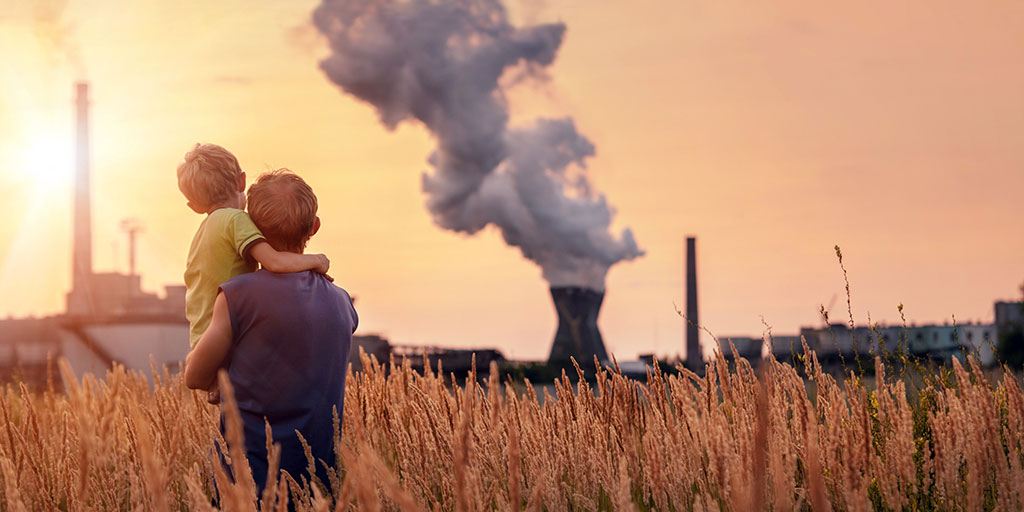
The air you breathe during and after a disaster can have an immediate impact on your lungs, from smoke from wildfires to mold from storms.
To keep yourself safe:
Wear N95 or KN95 masks, particularly if you suffer from allergies, asthma, or COPD.
When there is a lot of smoke or dust, cover windows and doors with plastic or cloth.
Purchase a HEPA air purifier or build your own at home using a fan and filter.
Use weather apps to keep track of local Air Quality Index (AQI) updates.
Children and elderly family members should be treated with additional caution because small lungs are particularly vulnerable.
3. Health Safety = Water Safety
Water systems can become contaminated by earthquakes, storms, and floods.
When unsure:
Before consuming, bring the water to a boil for at least one minute.
Use water that has been bottled or that you have previously kept in sanitized containers.
Avoid using potentially hazardous water to wash produce, create infant formula, or brush your teeth.
4. Additionally, mental health is health.
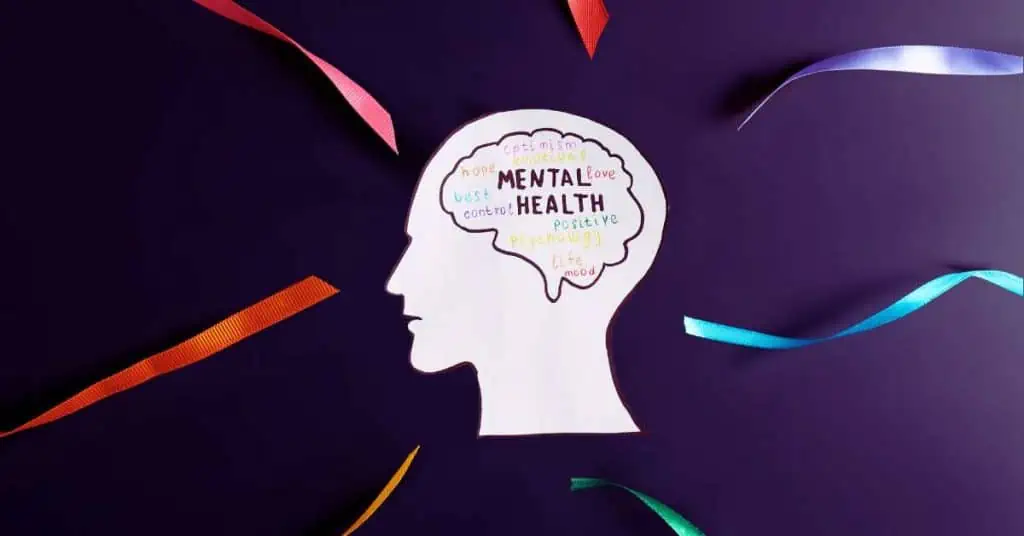
Your nervous system may be in ruins after a calamity, even while your body may be safe.
Keep an eye out for:
Nightmares or insomnia
Attacks of panic
Feeling numb or detached
heightened irritation or fluctuations in mood
Stress from disasters is real, even if you are "doing okay." Get in touch with:
Text lines or crisis counselors
Local community organizations
Online forums for assistance
Telehealth providers for medicine refills and therapy
Do not wait either. Not just after the dust settles, mental health needs to be addressed right now.
5. If at all possible, stay in touch with medical assistance: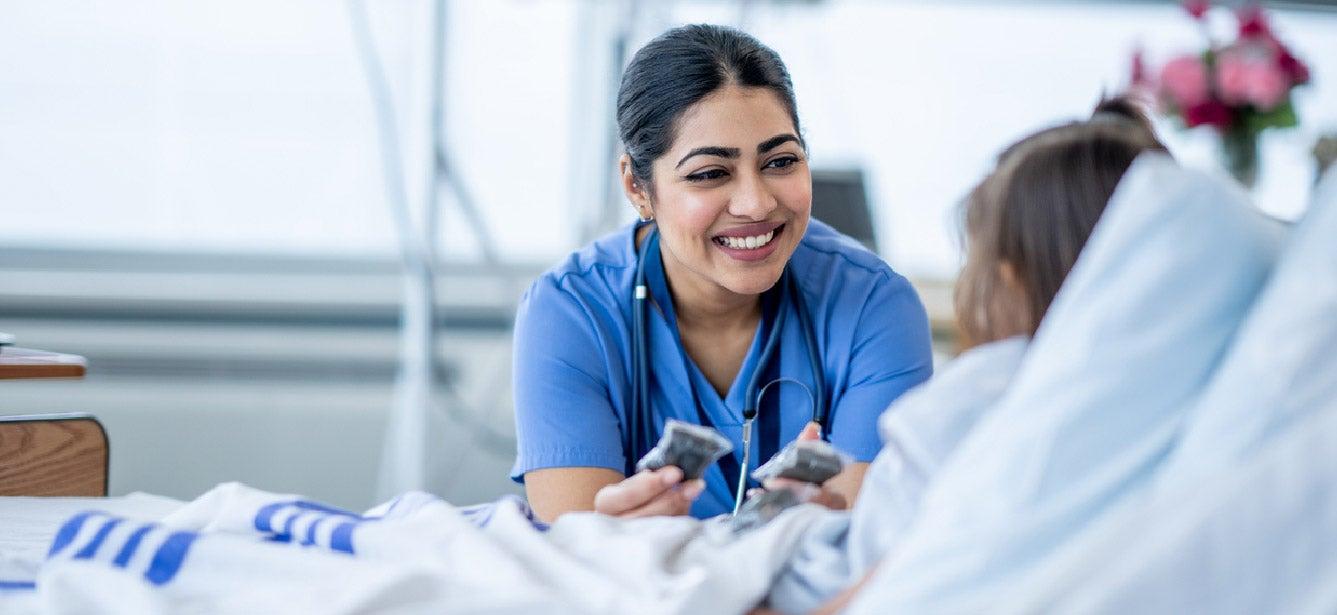
Use a hand-cranked or solar charger to charge your phone.
6. Long-Term Illness? Prepare with a purpose.
Advance planning is a must if you or someone in your household has a medical condition such as diabetes, heart disease, or epilepsy.
Actions to take:
Request a catastrophe refill plan from your physician.
If refrigeration fails, learn how to safely store insulin or pharmaceuticals.
Wear a first responder medical alert bracelet.
Maintain a backup power strategy for medical devices such as CPAP machines or oxygen machines.
7. Incorporate Pets, the Elderly, and Children into Your Plan
Because everyone has distinct health needs, prepare for the entire crew:
Children: comfort goods, child-safe masks, formula, and diapers
Seniors: more mobility aids, incontinence supplies, and easily readable emergency protocols
Food, medicine, leashes, and vaccination records for pets
Although disasters do not care who you are, being prepared can help us safeguard those who are most at risk.
In summary, being ready is equivalent to being protected.
Hurricanes and earthquakes are beyond our control.
However, before the storm hits, we have power over how we present ourselves and our families.
Small actions, such as purchasing an extra water jug or refilling your prescriptions early, can have a life-saving impact.
Because you should not put off worrying about your health.
It is the basis that will enable you to withstand any adversity.
What's Your Reaction?









